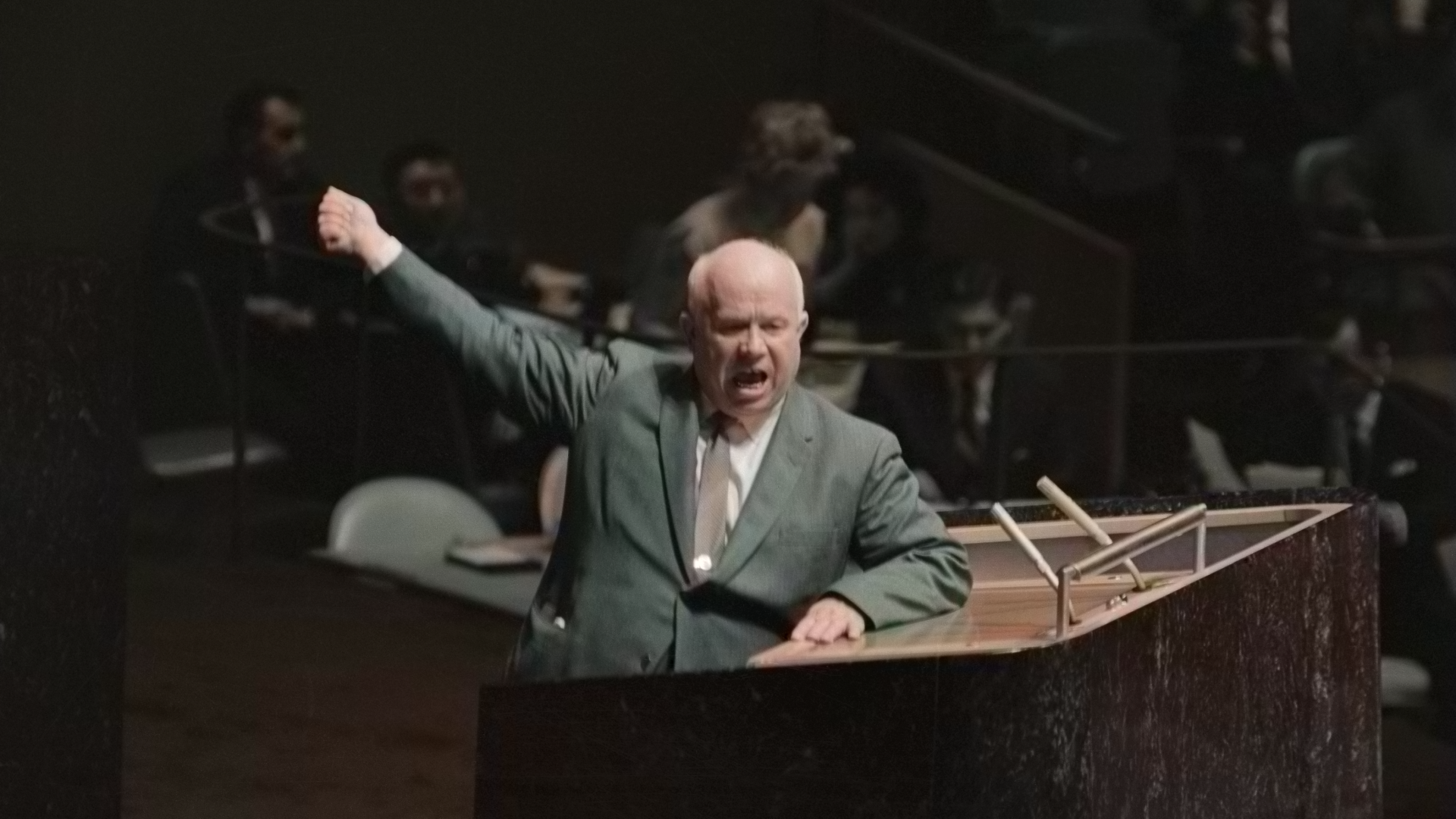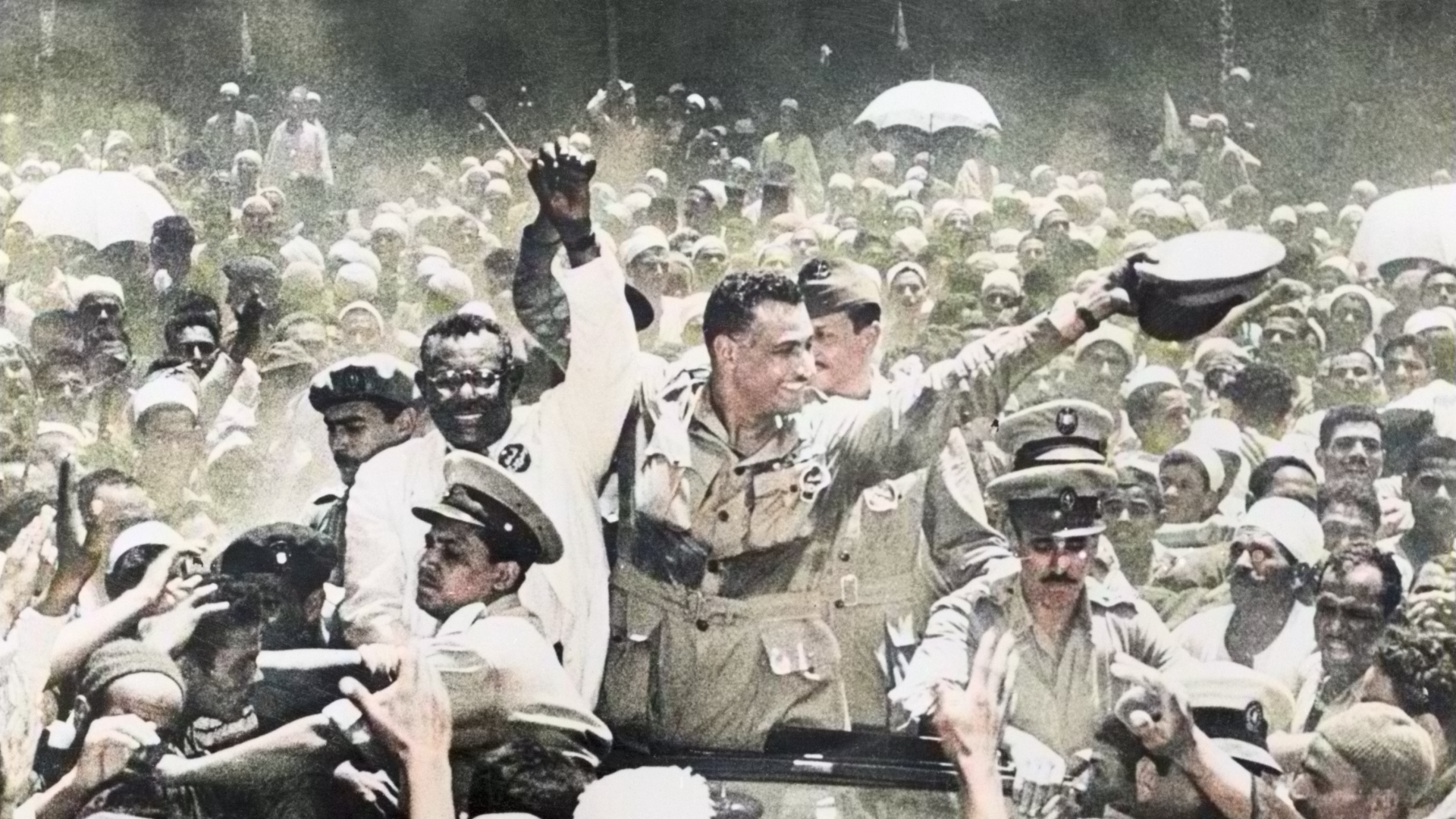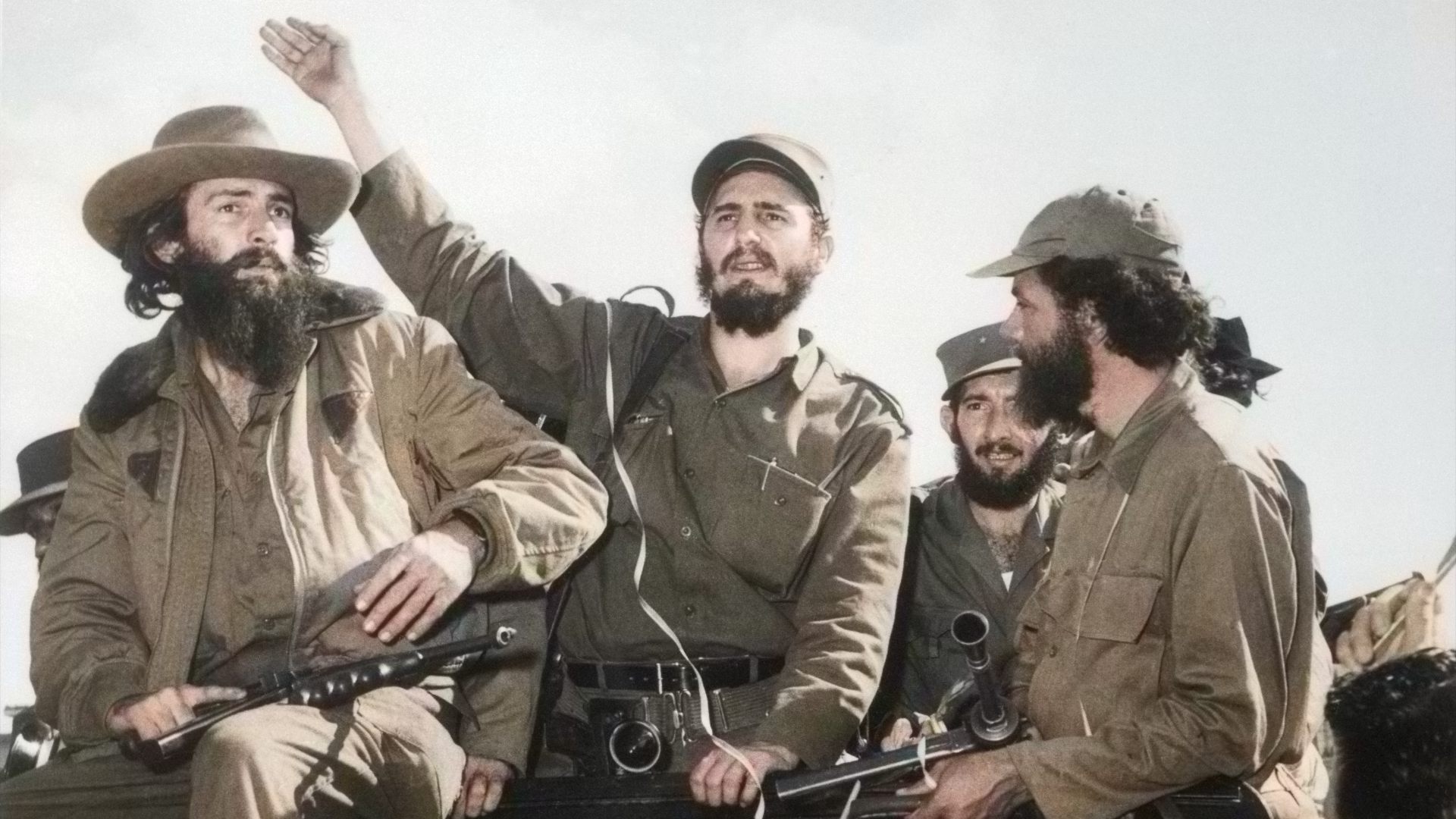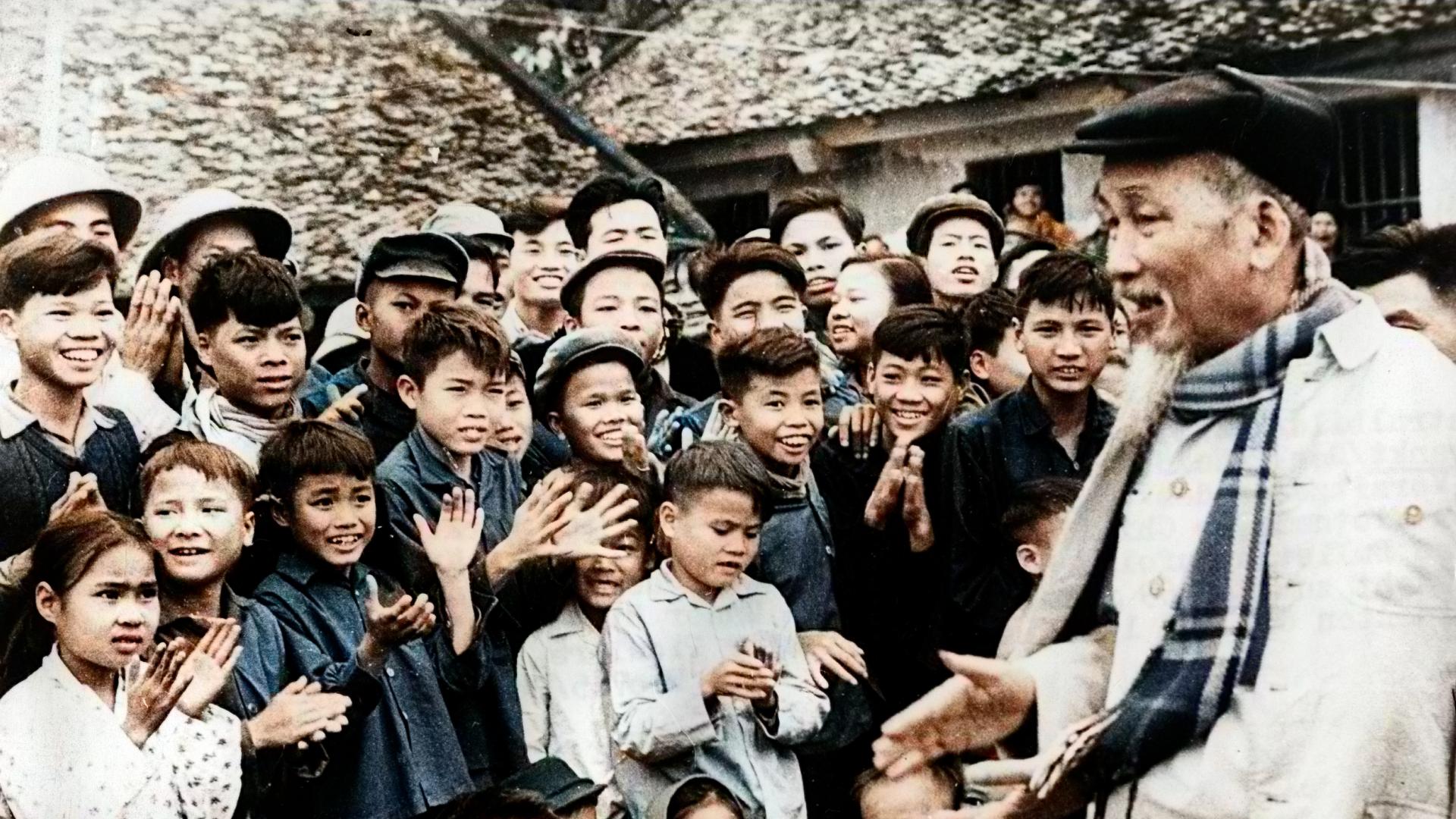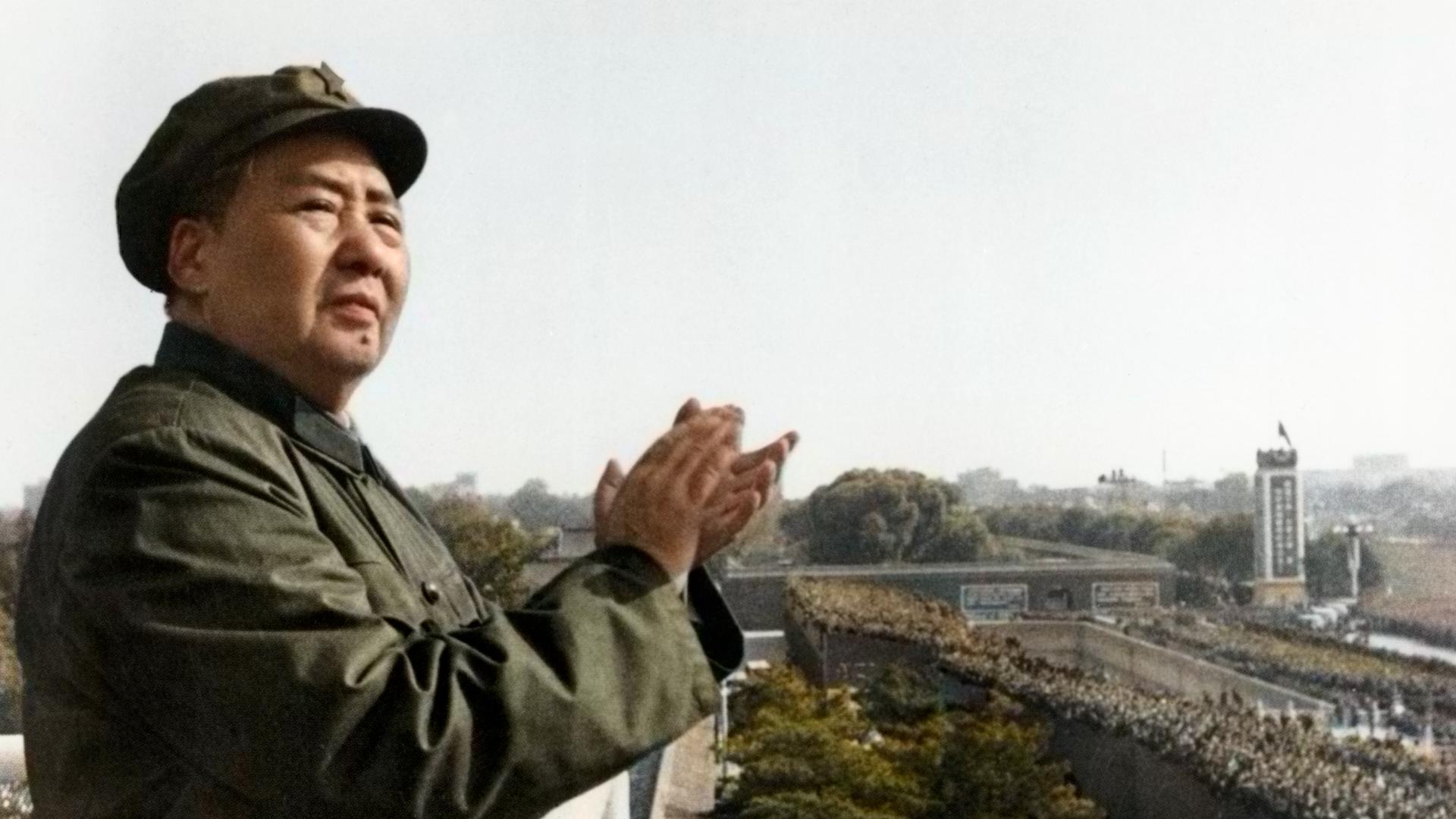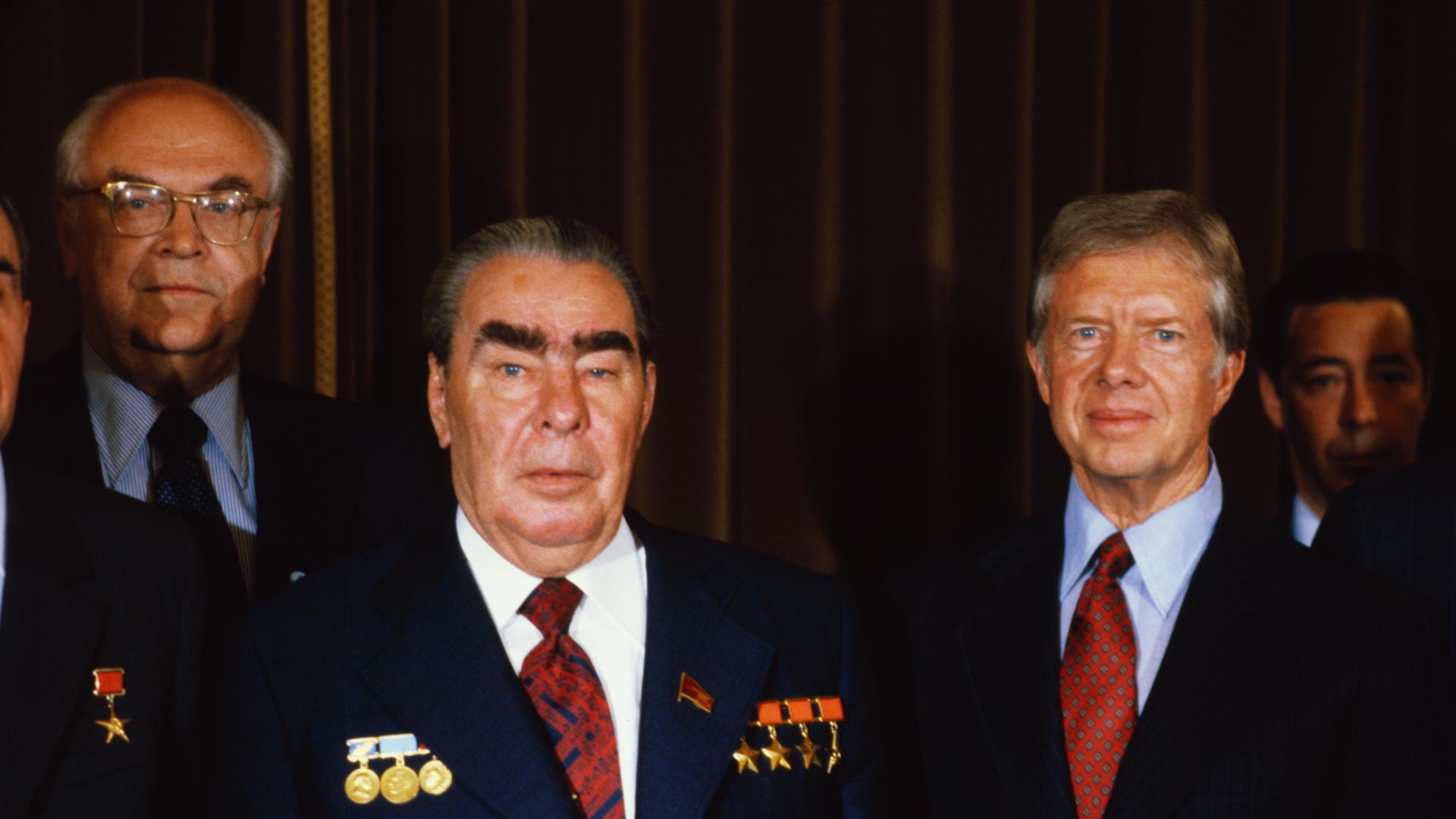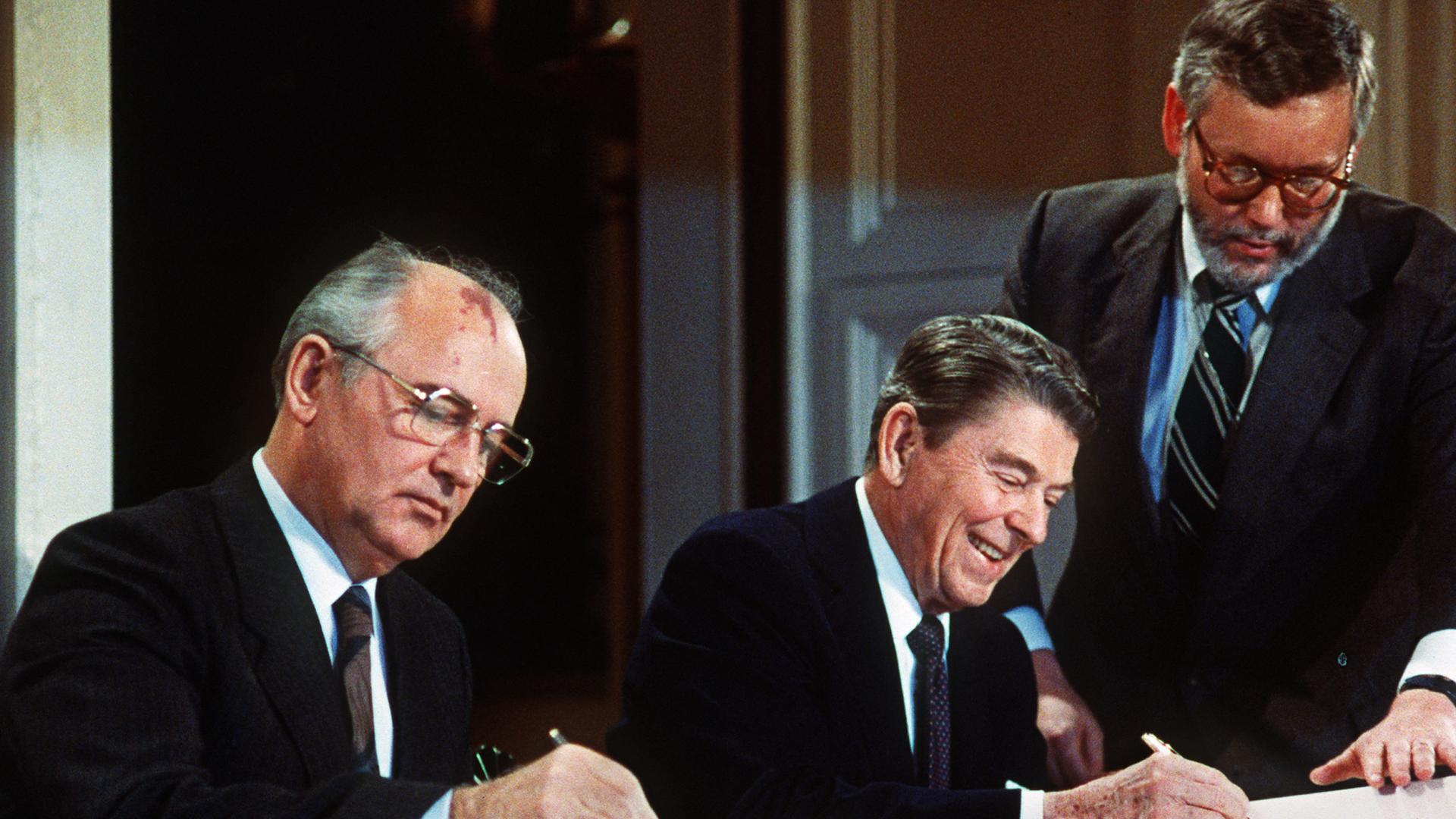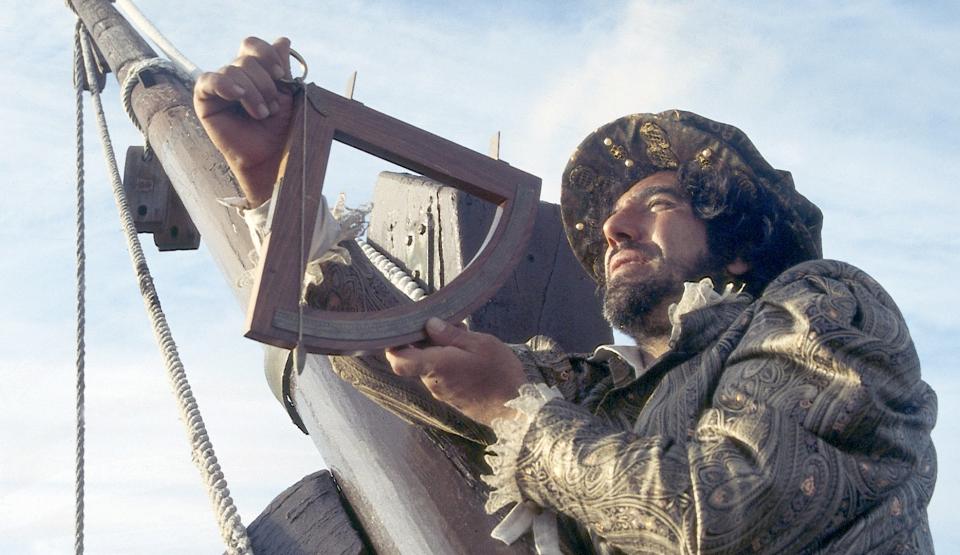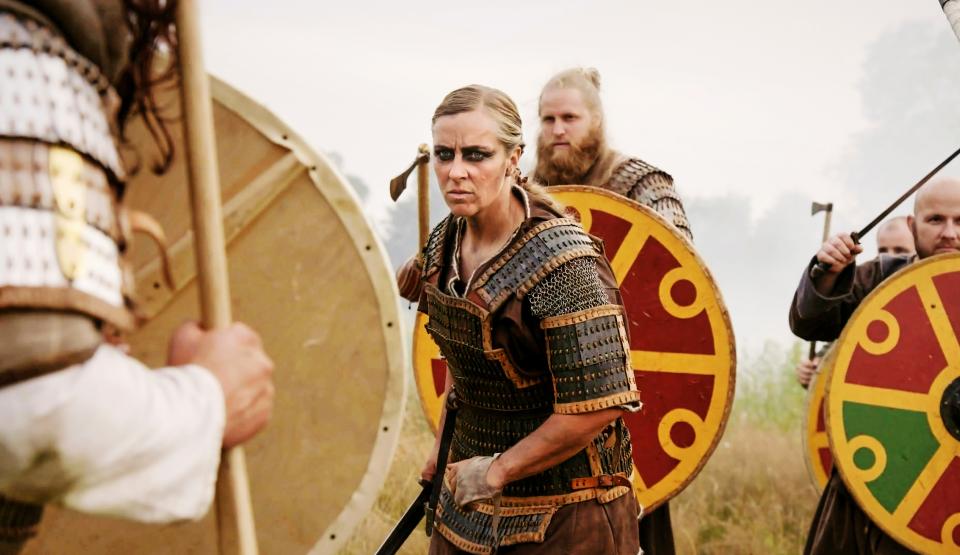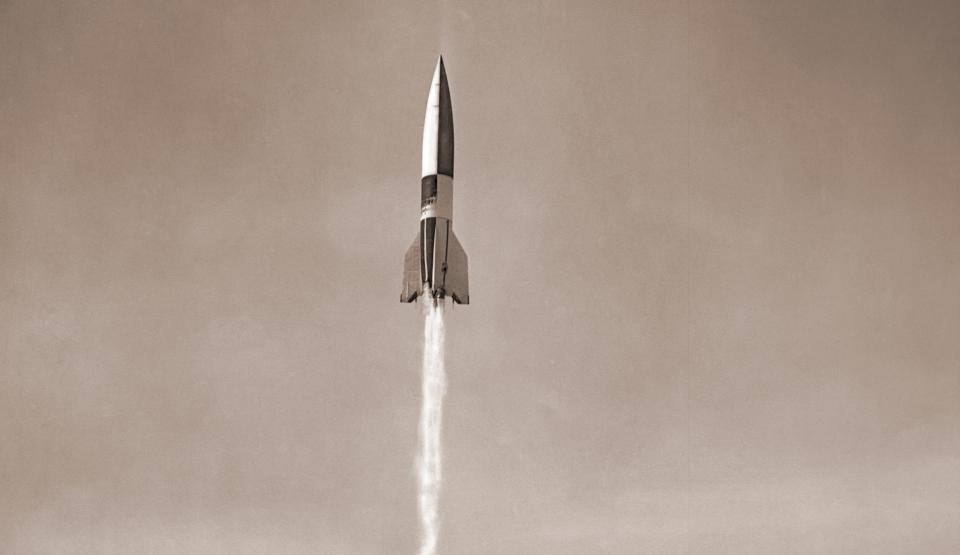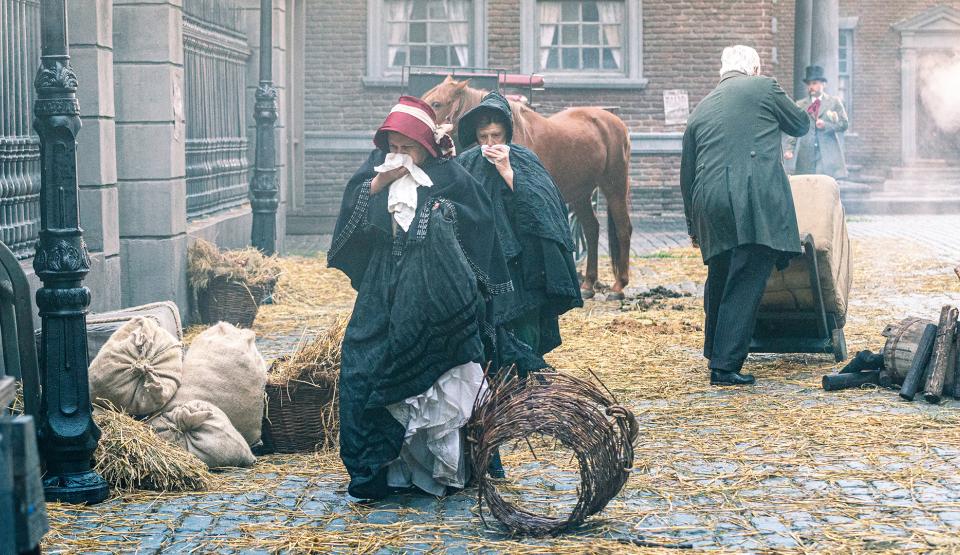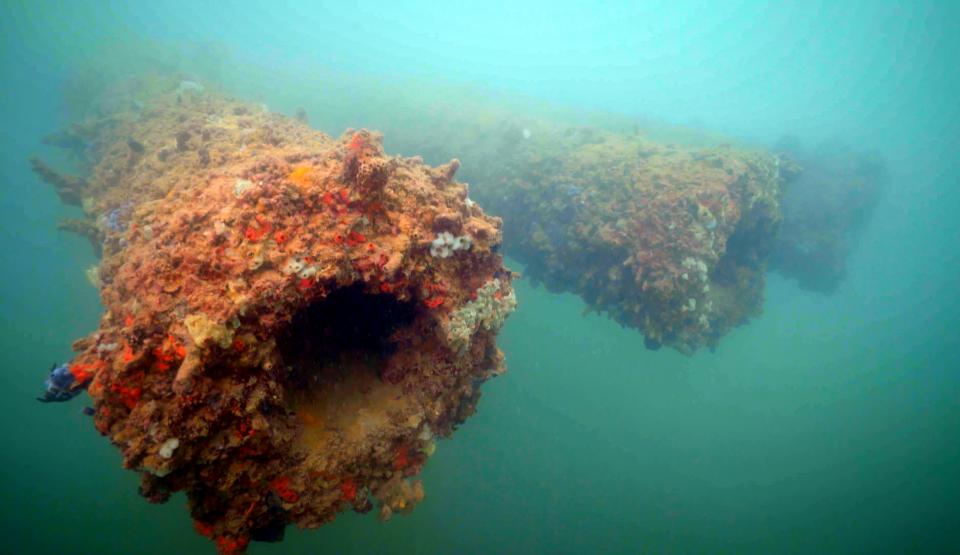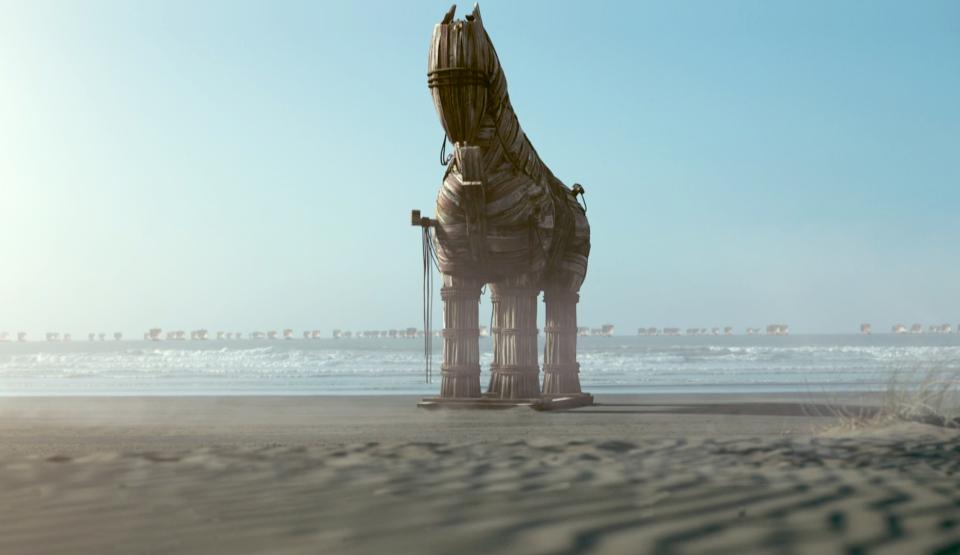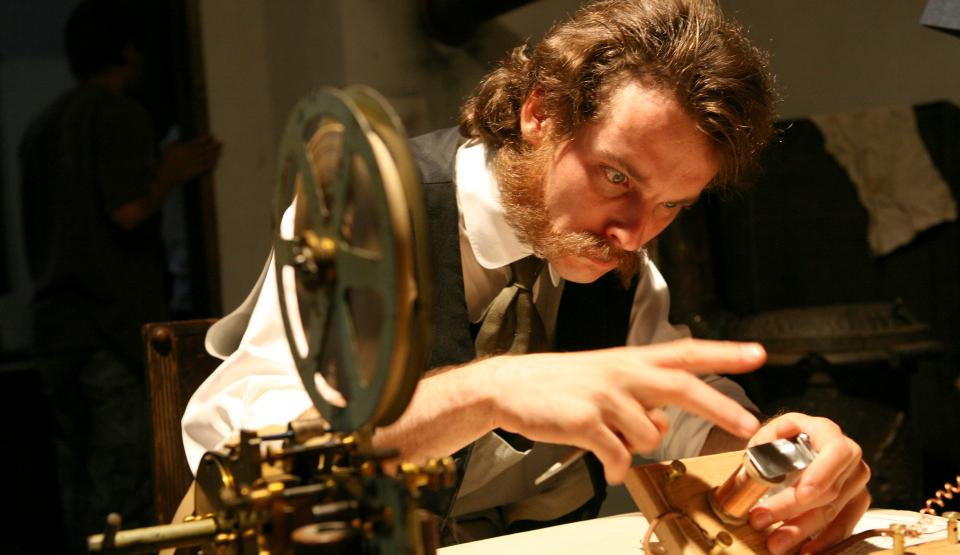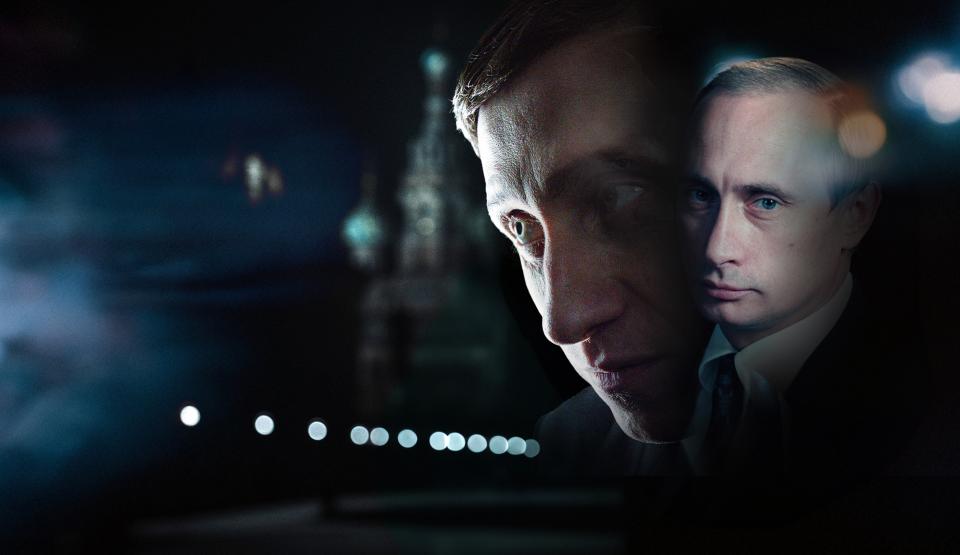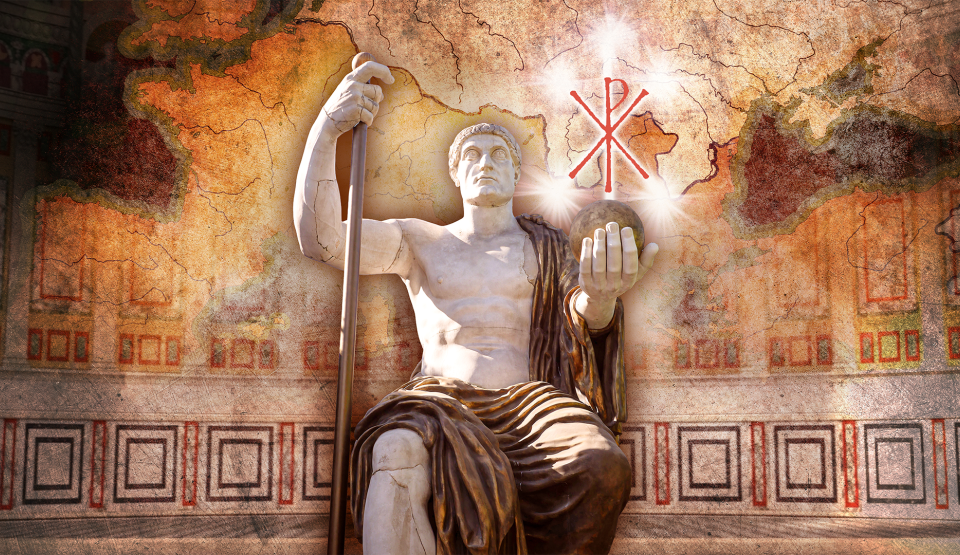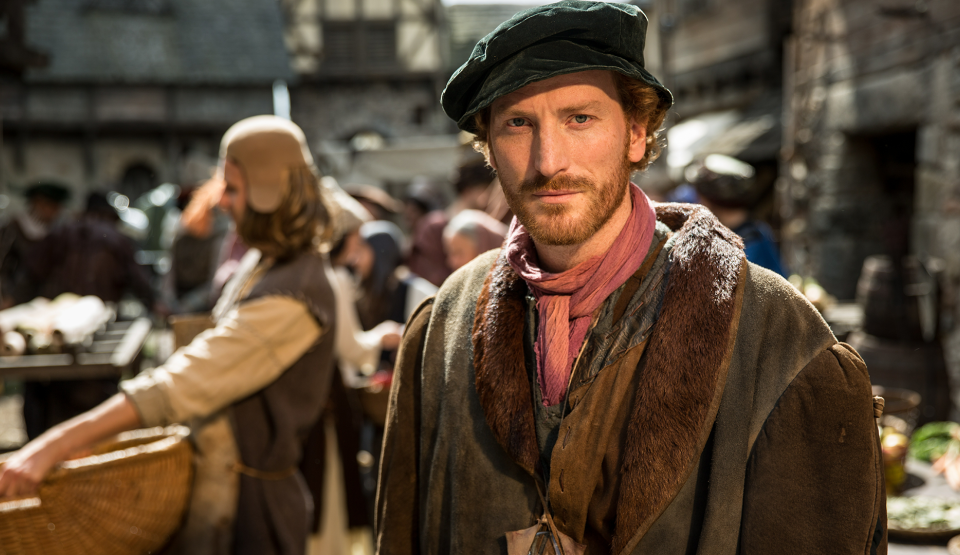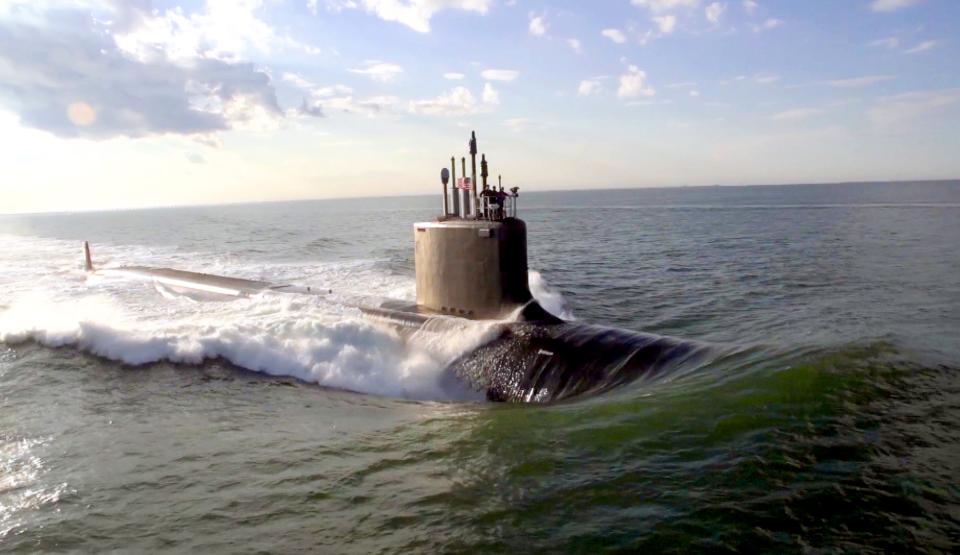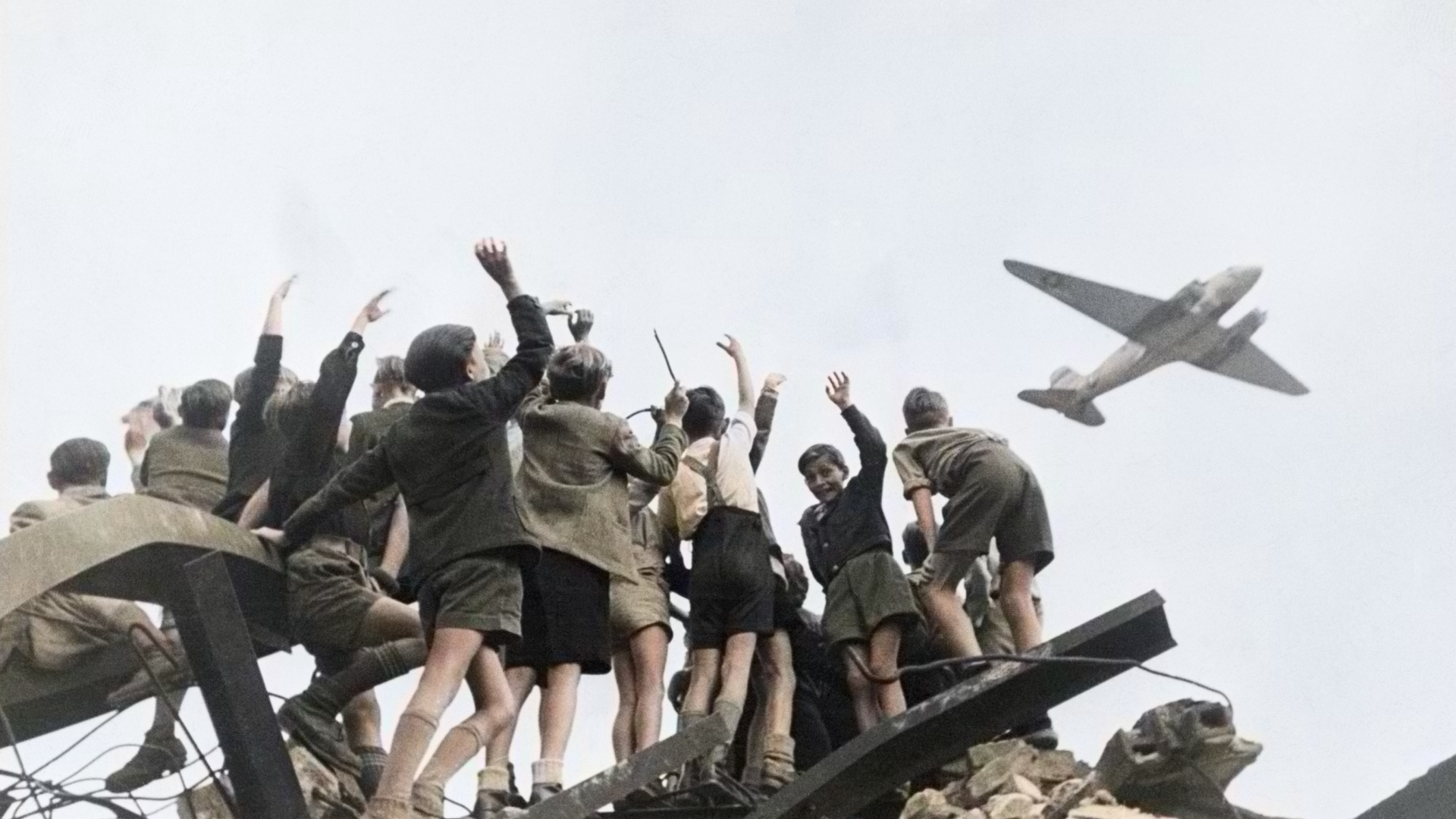
"Promises" plunges into the immediate aftermath of World War II, where the relief of victory quickly gives way to mounting tensions. Amid the rubble of Europe, two towering figures, US President Harry S. Truman and Soviet-Leader Joseph Stalin, emerge as the faces of two irreconcilable visions. Truman seeks to rebuild a free world rooted in democracy and open markets, while Stalin pushes state control and communist revolution across Eastern Europe.
Their clash manifests in bold moves and high-stakes gambits: Truman’s Marshall Plan offers massive economic aid to revive the war-torn Europe and contain communism, while Stalin consolidates his grip over the Eastern Bloc. The Berlin Airlift follows, a dramatic Western response to Stalin’s blockade of the city of Berlin, showcasing unity and determination in the face of aggression.
Meanwhile, alliances solidify with the creation of NATO (North Atlantic Treaty Organization), cementing the West’s collective defense, even as the Soviet Union’s first atomic test shatters America’s nuclear monopoly. Espionage, propaganda, and proxy conflicts intensify, leaving the world balanced precariously between hope and dread.
By tracing this formative period, "Promises" reveals how Truman and Stalin’s decisions created a geopolitical fault line that would define global politics and spark a rivalry lasting nearly half a century.
